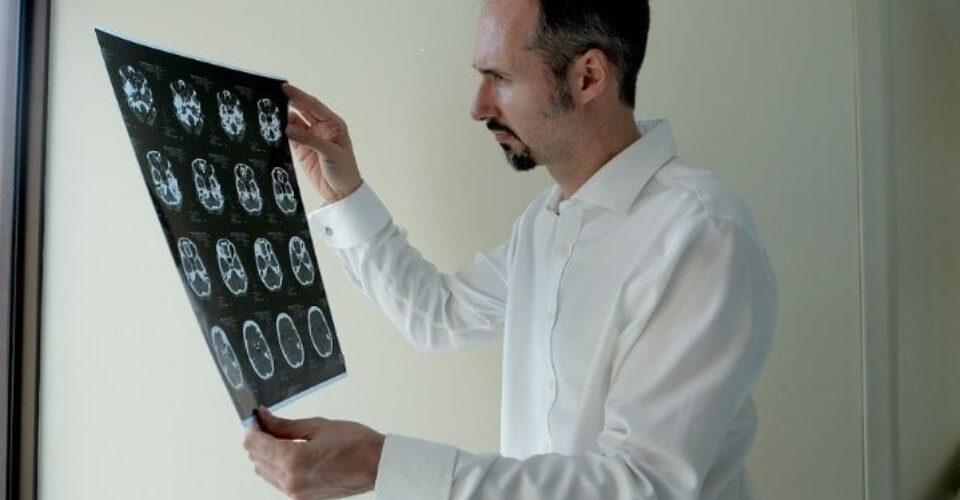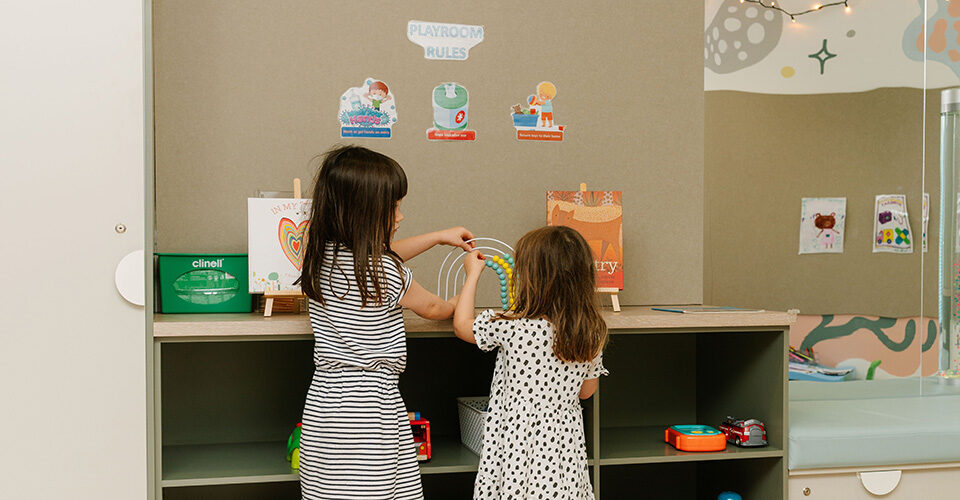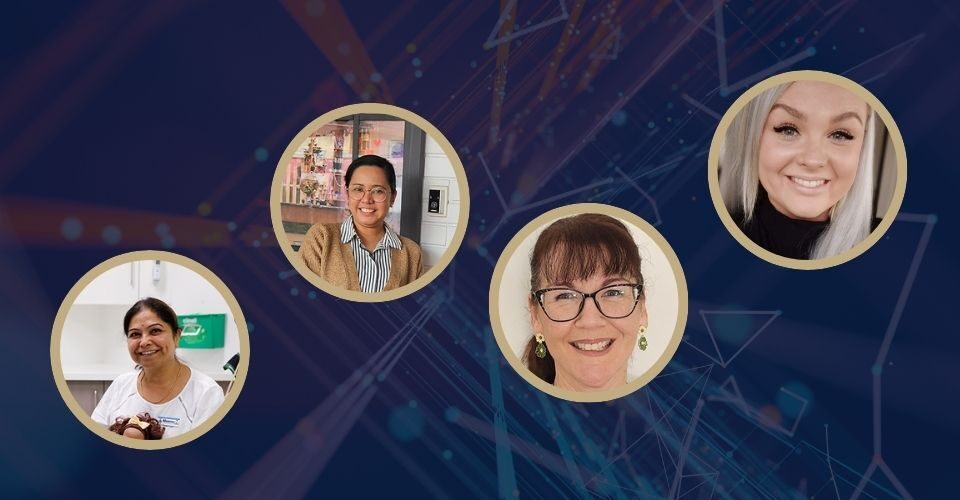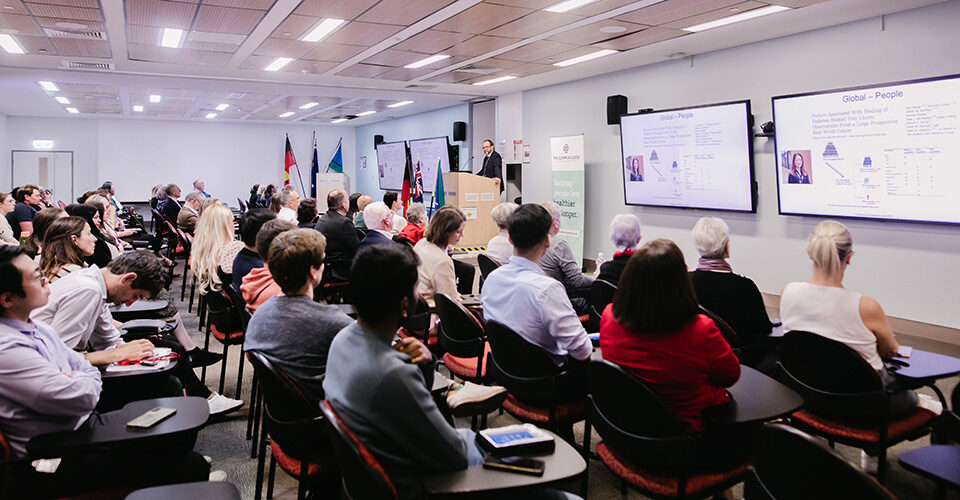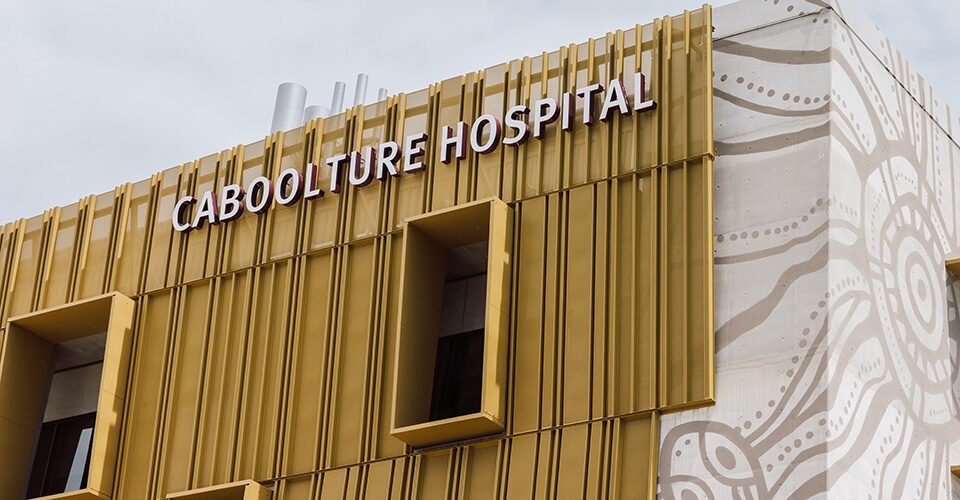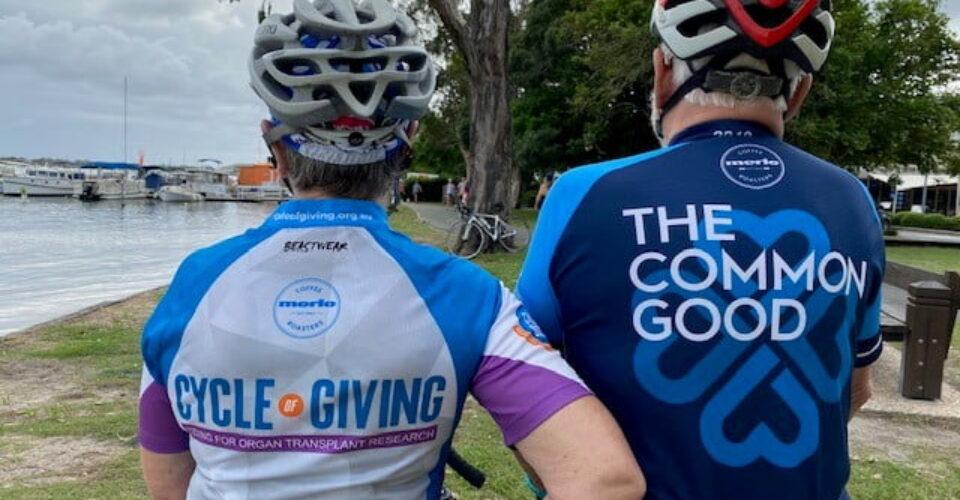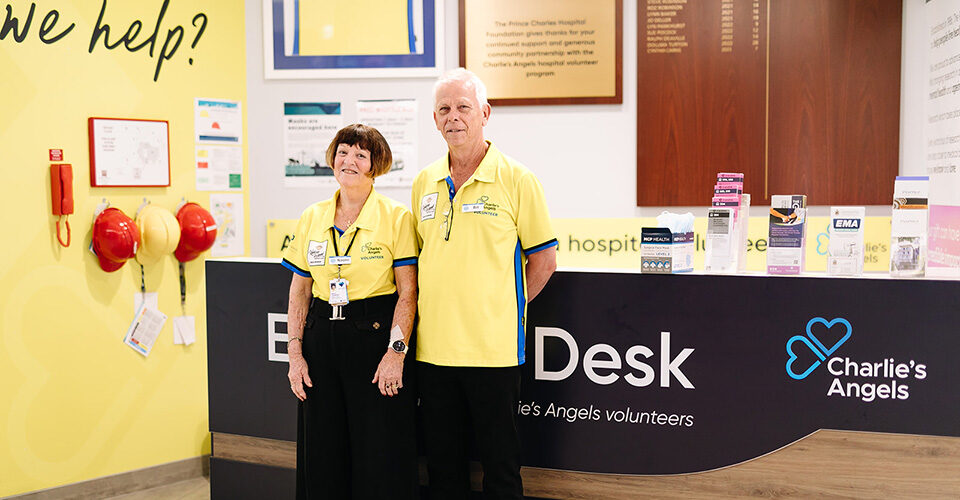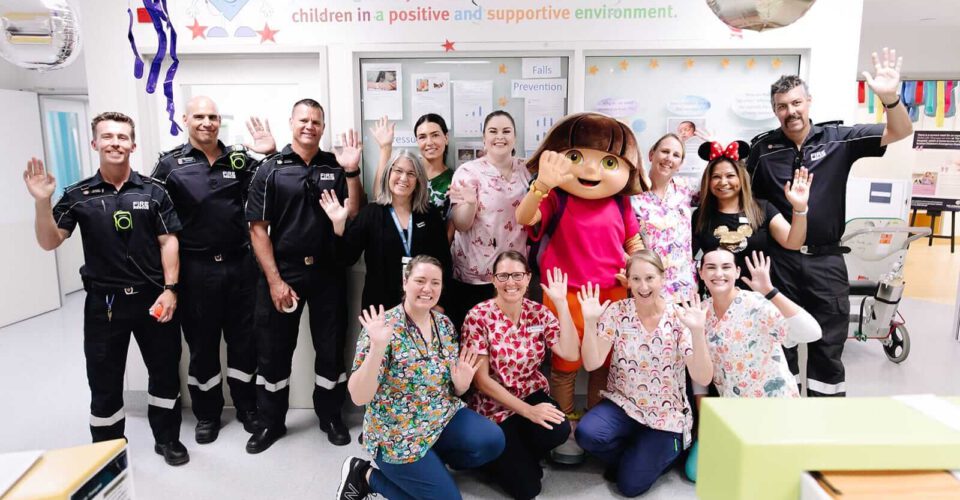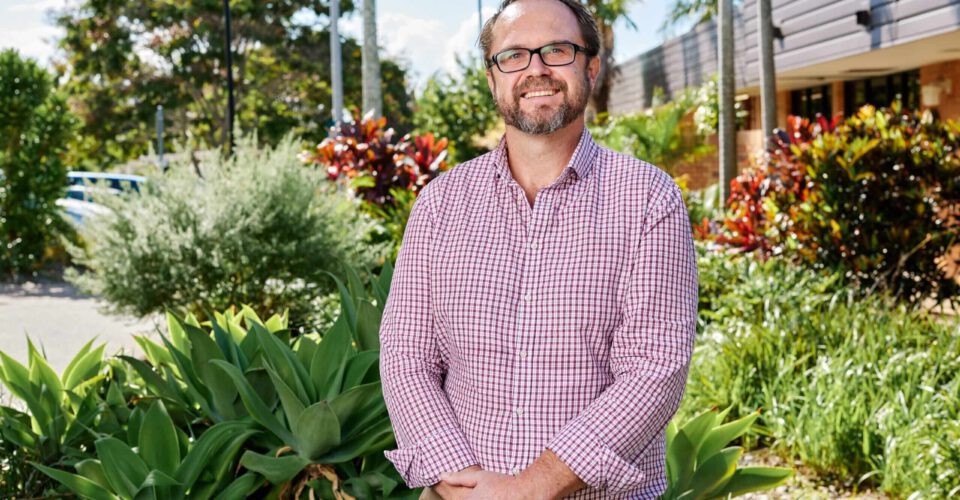With the prospect of dementia reaching epidemic proportions in the not-too-distant future, a breakthrough of findings from Sterling’s Dream will be critical.”
Dr Eamonn Eeles, Head Researcher for Sterling’s Dream.
For someone living with dementia, every hour is precious. Every hour spent with a loved one is a gift, and every moment of clarity and normality is something to hold onto with both hands.
Dementia is the highest cause of death in this country—and the highest among women.
For a young man named Sterling, the reality of dementia has been a driving force in his life since he was only three years old. It was then that Sterling’s grandmother, Eugenie, was diagnosed with Alzheimer’s Disease, the most common form of dementia.
For as long as he can remember, Sterling’s grandmother lived in a nursing home. Sterling and his family watched Eugenie struggle to hold on and saw her slip further away. Four years ago, at the age of 10, Sterling became an ambassador for The Common Good, raising awareness and much-needed funds for Alzheimer’s research.
Here’s the good news: with your generous gift, you can help fund the hours of a critical research program that will tackle dementia in a whole new way.
Its official name is the Dementia Tracer Program but, fittingly, we call this world-first project of it’s type, ‘Sterling’s Dream’ in honour of its staunchest supporter.
The last four years has seen Sterling and The Common Good set about raising the funds to cover the costs of crucial new technology, and take our radiologists and researchers to the point where patients can now safely go through the trials.
We are so grateful to the thousands of people who have contributed to the first stage of this research. With this support, our research team led by Dr Eamonn Eeles (pictured above, on right) from The Prince Charles Hospital, with a specialist medical team and imaging experts from the CSIRO and the Queensland Brain Institute, have created a way to map the human brain using a novel isotope to see what the early signs of dementia look like.
50 patients with Alzheimer’s and 10 healthy individuals will participate in several tests, including memory and brain scans using Positron Emmission Tomography (PET) and Magnetic Resonance Imaging (MRI) brain scans.
This is a whole new world of research. The ability to read the brain would fast-track the development of drugs that researchers believe could halt the progression of the disease.
So far, we have raised half the funds needed to sustain this project. This Christmas, you can help secure the remaining $200,000 to fund these critical trials.
Dr Eeles explains:
“By using this innovative scanner, and a radioactive tracer, we will be able to directly measure chemical signals in the memory-forming part of the brain. This imaging, together with the scans, will give us the best look yet into the workings of the brain, and enable us to better evaluate changes that happen with early onset of Alzheimer’s disease.
“With the prospect of dementia reaching epidemic proportions in the not-too-distant future, a breakthrough from findings from Sterling’s Dream will be critical.”
Every dollar you give is buying time—time for researchers to do their work; time to develop targeted treatments that could save lives; time for families to spend with their loved ones making new memories. The more hours we fund for the common good, the more progress is made.
You can help turn the tide and stop dementia in its tracks, so that future generations never have to suffer the heartache of the long goodbye. That’s Sterling’s Dream.
